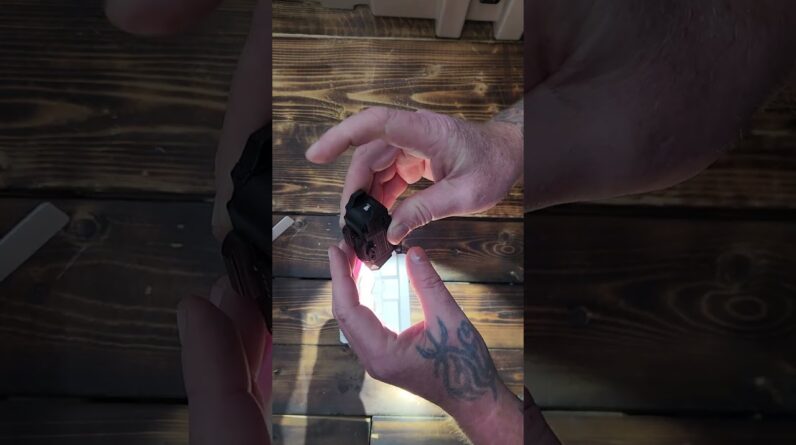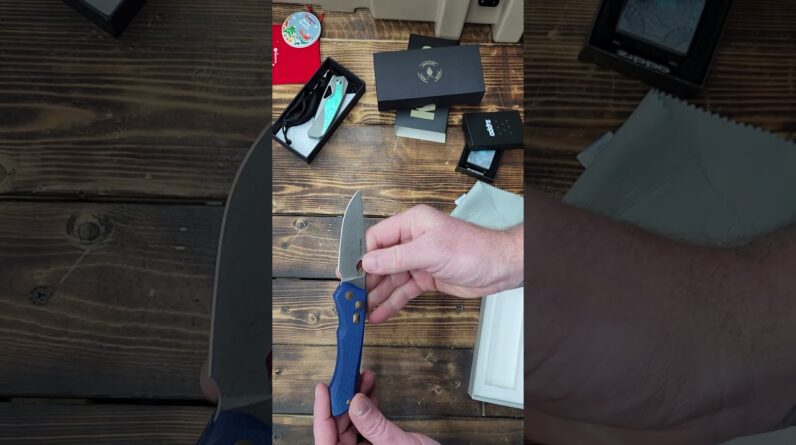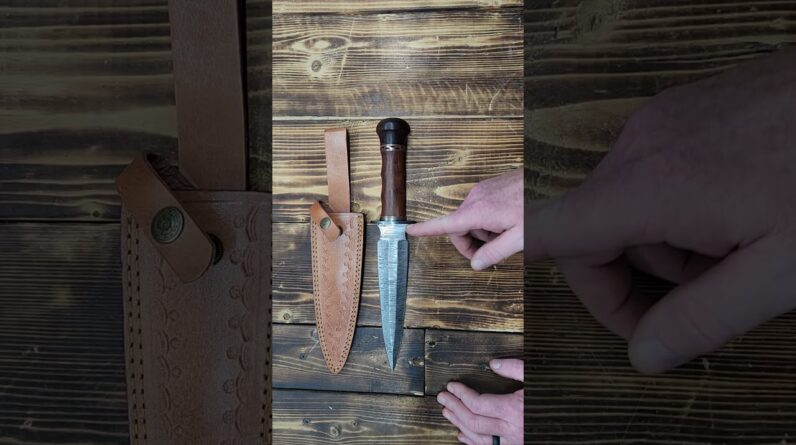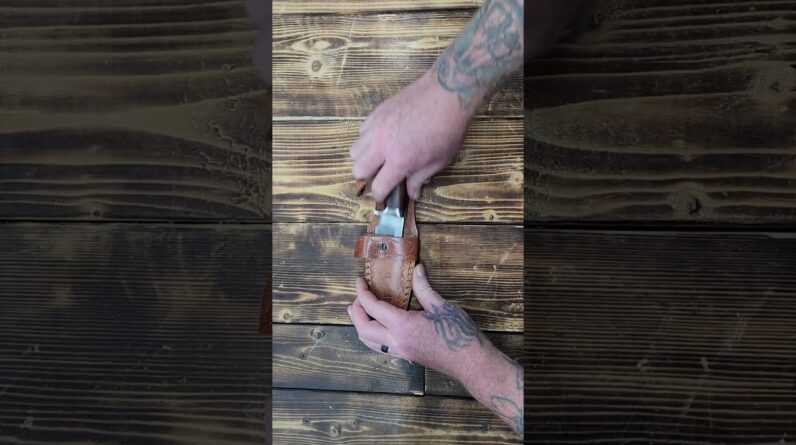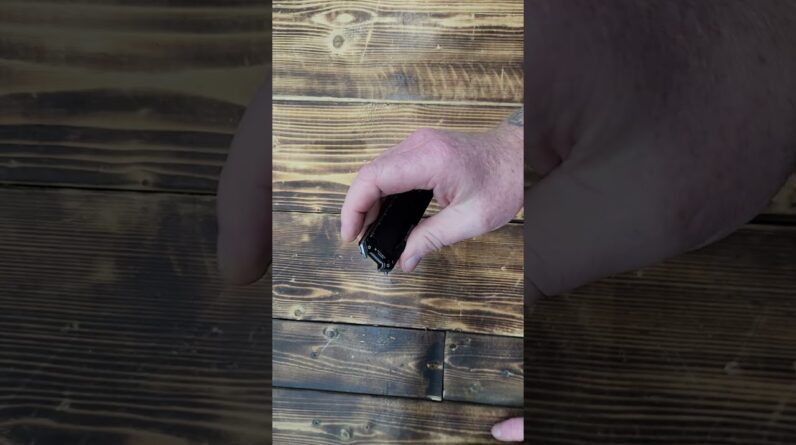How to Communicate Your Survival Prepping to Others
One of the most overlooked aspects of survival prepping is how to communicate your plans to others. If you are a lone prepper, you may have a Lone Wolf mentality, assuming you would be on your own when disaster struck. In actuality, studies have shown that communities are far more successful in times of emergency than individuals who are on their own. Be sure not to broadcast your prepping on social media, put up obvious “flags” on your home, or paint yourself as a target.
Many people do not think about their survival plans for long-term emergencies, but these are incredibly important. Investing in food and water, weapons and other items will help you cope in a disaster. If you don’t have time to prep, you could miss out on the most crucial items needed to survive. You should read a wide variety of articles and consider different scenarios before you make a decision. Many of these websites also have articles on lock picking and other topics you should prepare for.
You should read up on the history of preparedness, including the impact of economics. Experts suggest that 72-hour preparation is better than nothing. Besides this, you can also choose from a vast range of survival scenarios covered in a logical format. This includes economic depression, which is not as farfetched as it sounds and is an increasingly real threat. While we live in an age where natural disasters seem to be everywhere, we should be prepared for anything.
You can also subscribe to several popular blogs and newsletters that cover different aspects of survival prep. Many of these websites provide information on food, water, firearms, and other emergency preparedness. Many of these sites also offer free resources, such as downloadable guides and checklists. If you have an active interest in survival, you should check out The Preppers Network. You can also find articles about survival tips at Off Grid Survival. These sites will teach you all the basics of survival prep.
A survival blog is an excellent way to stay informed about what is going to happen next. Survivalist Ken Jorgustin’s blog covers everything from disaster preparedness to urban survival. OffGrid Magazine is a great resource for all types of emergency preparedness. It features news articles, survival tips, and tips that help prepare you for anything that could happen. Many people prefer to read the OffGrid Magazine as well. These blogs will keep you updated with the latest events and disaster preparedness news.
The Simple Prepper is another great resource for survival tips. The Prepper Journal covers daily survival tips and articles. They offer practical advice and information on personal defence, emergency survival, and self-reliance. Whether you’re a newbie or a veteran, the Prepper Journal is an excellent resource for your emergency preparedness. There’s also a plethora of articles on Bio Prepper and Surviving Prepper.
Preppers plan ahead for disasters by stockpiling food, preparing self-sufficiency, and building structures that can survive an emergency. While these people are often defensive and pessimistic, they’re good employees and can manage their emotions. Their fear of disaster is what drives them. This trait can be a good thing when it comes to preparing for a disaster. You’ll be more likely to be effective if you understand the psychology behind them.
While men spend more on prep materials than women, the overall average for both sexes is 76 percent for men and 69% for women. These numbers are based on participants who reported their spending, and methodology involves zeros. Women, on the other hand, are not prepared as much as men. Interestingly, Gen X and Gen Z are among the most prepared generations. Nevertheless, the majority of millennials do not make the decision to prepare themselves for disasters.
In addition to books and magazines, you can check out the Internet for a wealth of information. There are tons of websites and podcasts dedicated to survival topics, from how to use the Internet to build a shelter to self-defense. The Survival Channel is another great source of information. You can watch survival videos and read survival articles written by experts and bloggers from other prepper sites. You can even find a lock-picking guide that is comprehensive.

